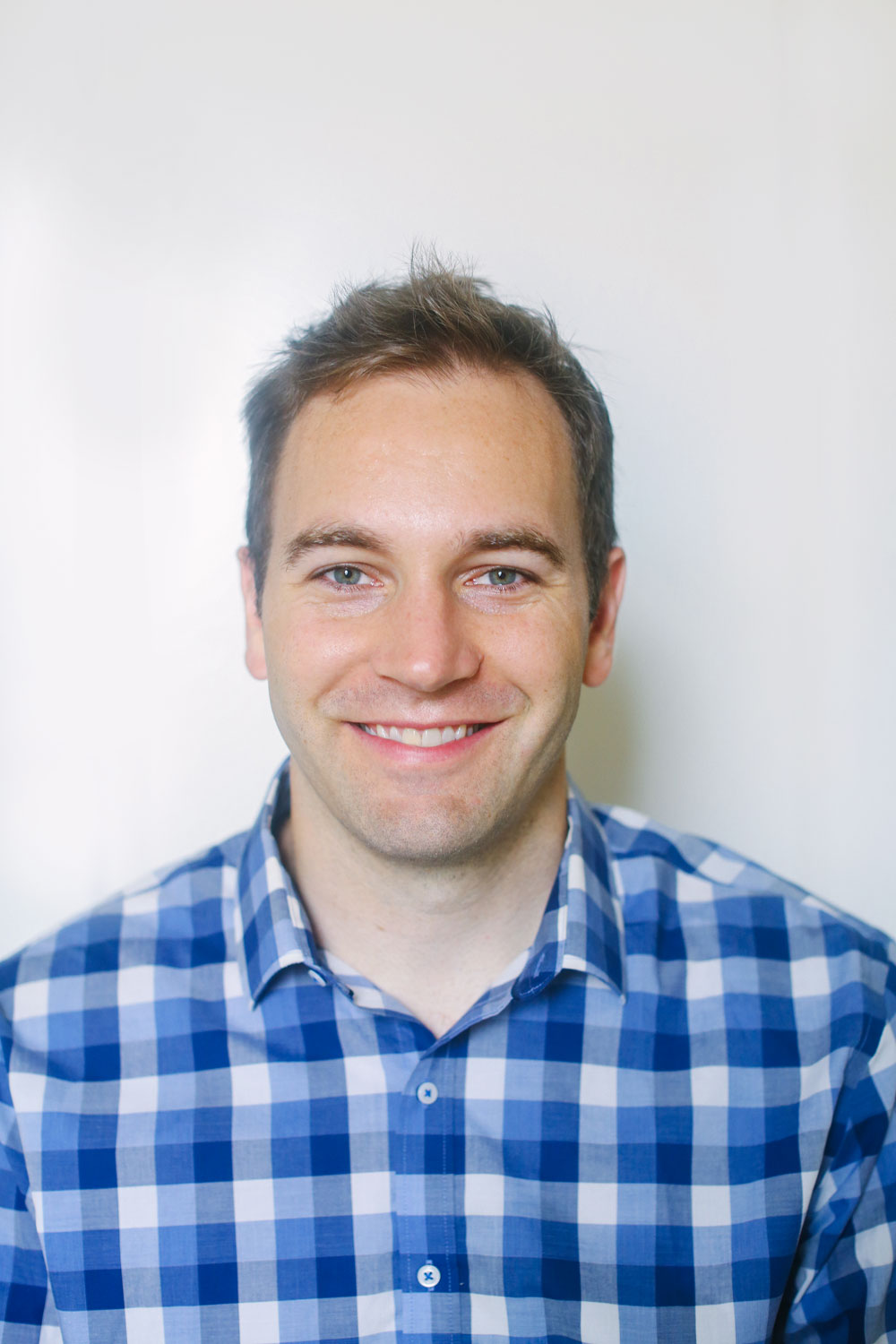In the average 9.5-hour workday, there are hundreds of opportunities for you to choose a more productive route over the status quo, but, unfortunately, many are missed.
For example, the average professional performs 1,480 mouse clicks per day while research shows keyboard shortcuts are twice as fast. A study of professionals in the United Kingdom, found that 57 percent of workers spend at least an hour per day looking for lost documents when they could use simple file saving best practices to limit the likelihood of losing them.
In my coaching sessions, I find that most of these opportunities are missed because people decide not to act on them in the moment, thinking: “Ah, I’ll do that more efficiently next time,” or “At the end of the week, I’ll take some time to reorganize my folders.” They put it off, believing that becoming more productive is best done in its own block of time away from the distractions of getting real work done.
While you can see some logic in this rationale, it is flawed because people rarely return to their productivity-boosting ideas. When they do remember the idea, they often can’t will themselves to do it. This pattern of behavior isn’t reserved to productivity enhancements either.
In her latest book, Outer Order, Inner Calm Gretchin Rubin recommends that people adopt a continuous improvement approach to decluttering. Anytime you notice something out of place, move it at least closer to where it belongs. You don’t even have to put it back, Rubin says; just move it closer.
This approach–what we call at Zarvana “progressive productivity”–works because it accounts for our psychological limitations in working memory, motivation, and willpower. Acting in the moment avoids the need to remember to learn that shortcut or give that feedback. Your motivation is also higher when you notice the opportunity because you’re often feeling the pain of inefficiency then. Further, less willpower is required to make one small improvement than to do a bundle of improvements at the end of the week. This is why you can easily put away one shirt but may delay putting away a whole load of laundry for weeks.
Progressive productivity also works because every time you make one small improvement you increase your belief that you are a productive person, making you more likely to act productively in the future. As James Clear describes in his book, Atomic Habits, doing small behaviors consistently makes you believe you are the type of person who does those behaviors.
Despite the benefits of this approach, most people don’t live by it because of 3 psychological hurdles:
- Partial progress is imperfect: Progressive productivity is about taking good steps that aren’t perfect. You give the small piece of feedback you have in the moment rather than waiting to share all the feedback you have together in a well-thought-through conversation. Waiting to make ‘perfect’ improvements means you go longer without any improvements and decreases the likelihood you’ll make any improvement.
- Progressive improvements seem inconsequential: Learning one keyboard shortcut or adding one task to a to-do list feels too small to have any impact on your overall productivity. However, this thinking misses the fact that these brief actions repeat themselves hundreds of times a day or week, making related savings add up over time to real significant change.
- Continuous improvement seems draining: The idea of continuously looking for and making small changes seems draining to some in the same way that remaining connected to their work during nights and weekends does, but this isn’t an accurate comparison. In the case of becoming more productive, the drain is on your memory and willpower and a traditional approach creates a much larger drain on these than progressive productivity.
To overcome these psychological hurdles, follow these simple rules:
- Make productivity improvements when you feel motivated to do them or when you think of them (remember Rubin’s guidance to pick up things as you walk past them)
- Do whatever small amount you can will yourself to do (remember Rubin’s guidance to just move things closer to where they belong)
- Tell yourself you’re not the type of person to knowingly be inefficient (remember Clear’s guidance that small wins affirm your identity)
Becoming more productive can seem challenging, but the challenge is rarely in identifying opportunities to improve; it’s that most miss the opportunities they have. Embrace a smaller, more progressive approach to becoming more productive and you’ll wake up in several months and be surprised by the gains you’ve made.
Originally published on Inc.
Follow us here and subscribe here for all the latest news on how you can keep Thriving.
Stay up to date or catch-up on all our podcasts with Arianna Huffington here.


